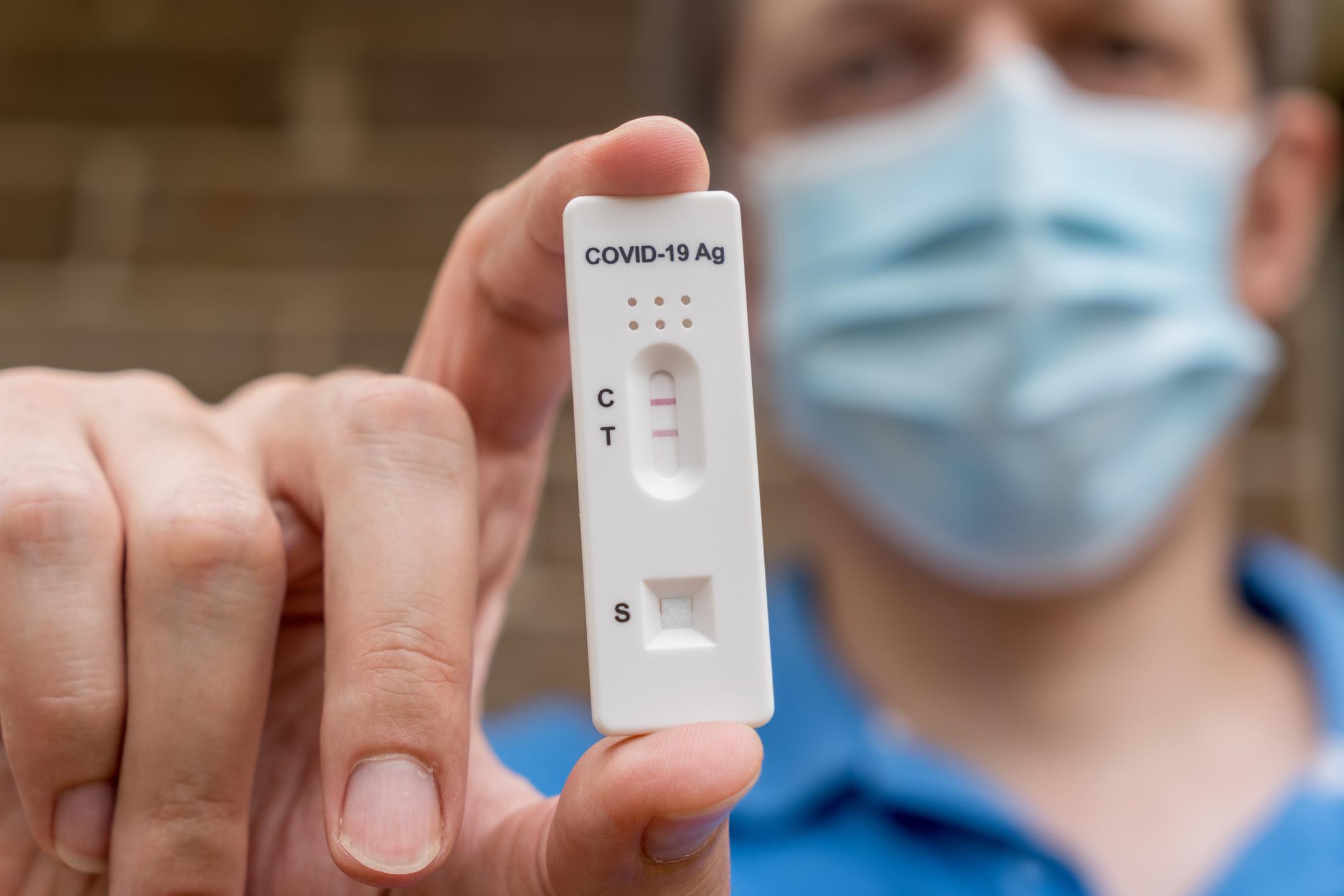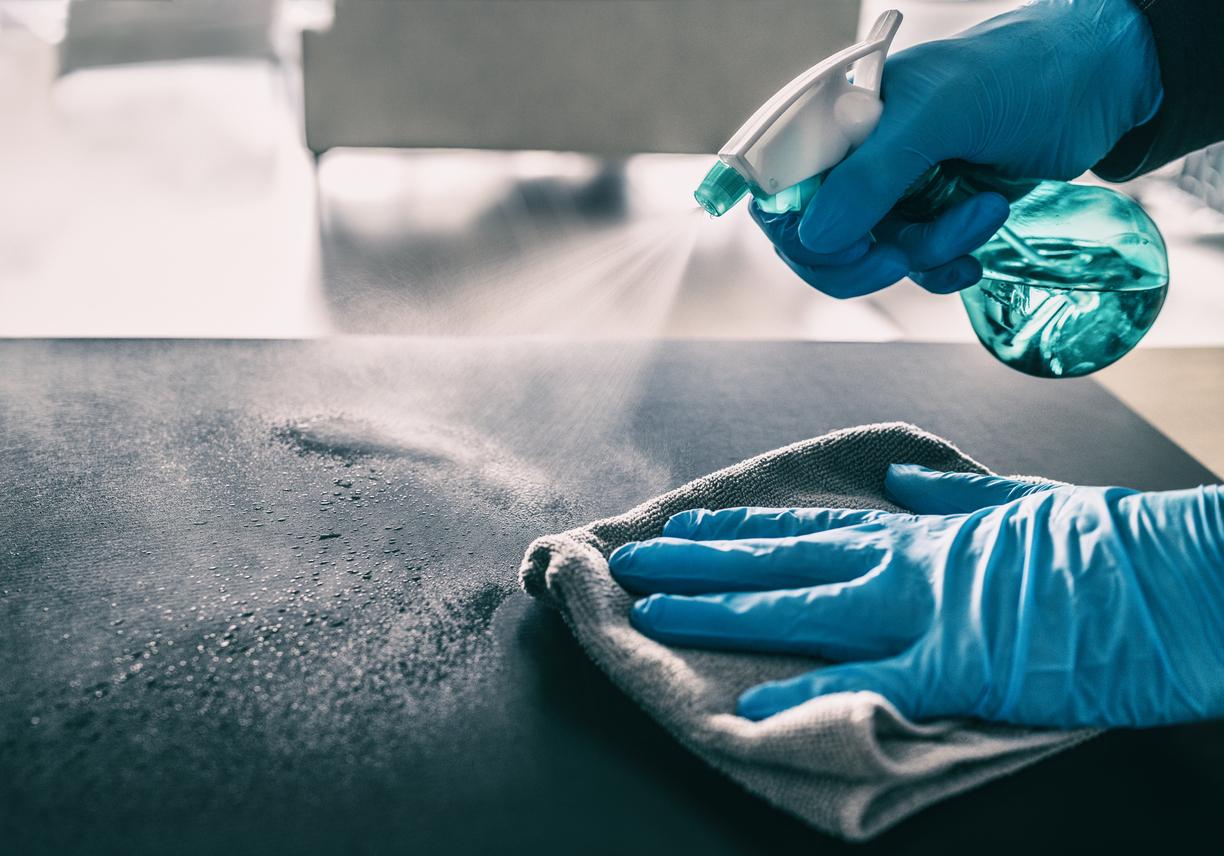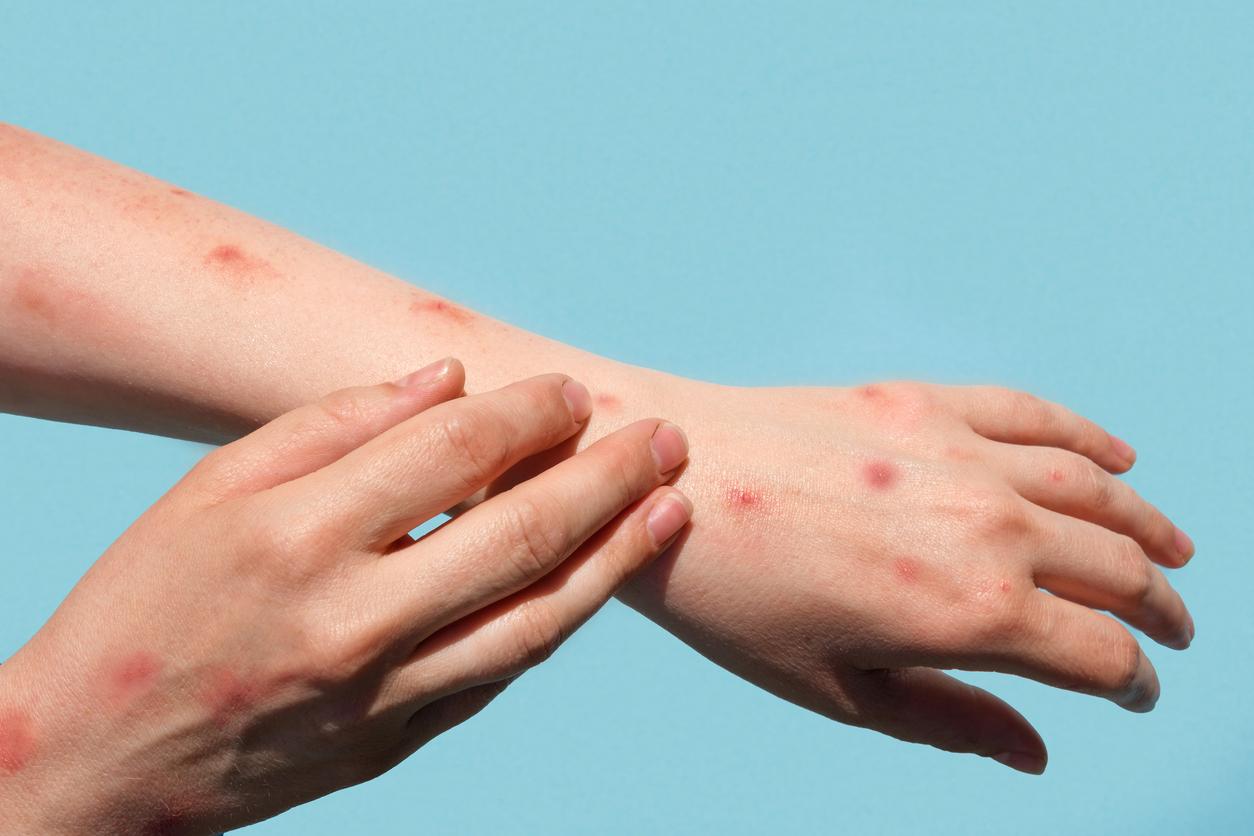British researchers have observed that taking anti-depressants could reduce the risk of contracting Covid-19.

- Anti-depressants could have a preventive role against Covid-19.
- British researchers have found a reduced risk of developing coronavirus infection in patients taking anti-depressants.
- Selective serotonin reuptake inhibitors (SSRIs), a class of antidepressants, would be the most likely to reduce the risk of contracting Covid-19.
Could anti-depressants prevent the risk of Covid-19? In any case, this is what a study led by the Institute of Psychiatry, Psychology & Neuroscience (IoPPN) at King’s College London (UK). The results were published in the journal BMC Medicine.
An association between anti-depressants and the prevention of Covid-19
For the purposes of this research, the scientists used the Clinical Record Interactive Search (CRIS), a platform that allows patient records to be analyzed without having access to personal data. They then looked at the clinical records of 5,664 patients hospitalized with mental health conditions at the South London and Maudsley NHS Foundation Trust during the first wave of Covid-19, from April to December 2020.
Upon admission, patients were tested for coronavirus. Nearly 202 people have tested positive. According to those responsible for the study, positive results for Covid-19 were about half as frequent in patients who were taking anti-depressants, compared to individuals who were not taking this type of treatment.
The researchers then conducted further statistical analysis which showed that a recent prescription of antidepressants was associated with a 40% reduction in the likelihood of testing positive for coronavirus. According to the findings, selective serotonin reuptake inhibitors (SSRIs), a common class of antidepressants, are most likely to protect against SARS-CoV-2 infection.

Preventive role of anti-depressants against Covid: a hypothesis to be confirmed
“Our work demonstrates that anti-depressants can target the cell biology processes of COVID-19 infection, and the results of this study suggest potential clinical benefits of this effect. In the long term, inexpensive drugs, well-characterized and readily available drugs, such as anti-depressants, could help curb the spread of COVID-19 If our findings are confirmed by further studies, they could help those left behind by current strategies available for the prevention of COVID-19”noted Dr. Oleg Glebov, lead author of the study and senior lecturer in the Department of Old Age Psychiatry at King’s IoPPN.
However, the scientists acknowledged that their study had limitations due to the methods used. In fact, they could not guarantee that all the patients, whose clinical file indicated that they had taken antidepressants, were taking their treatments well at the time of the screening test.

















